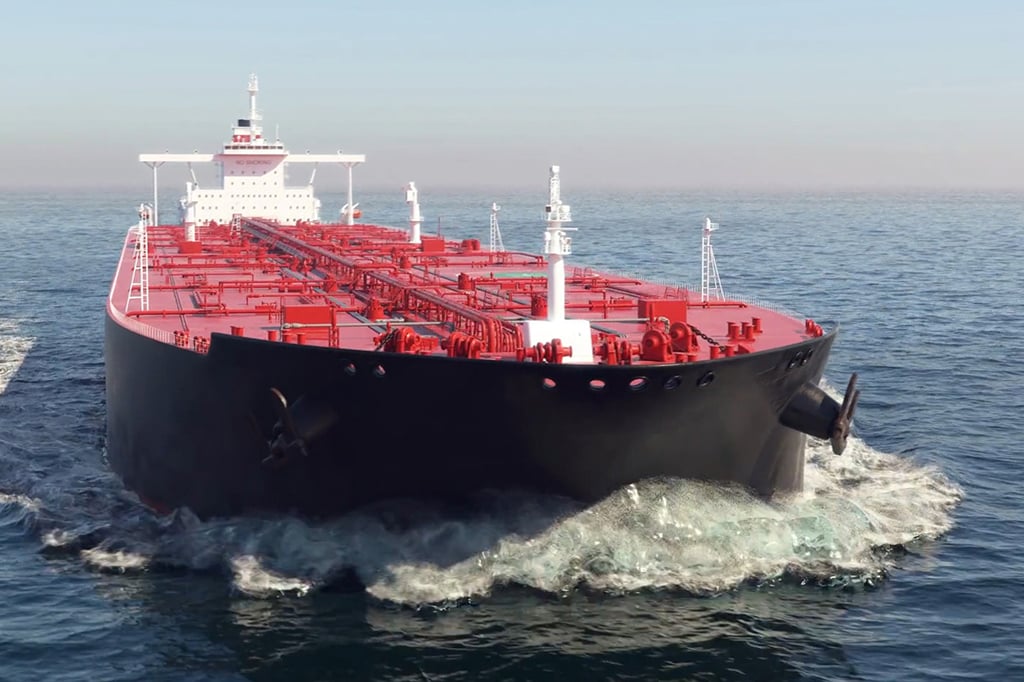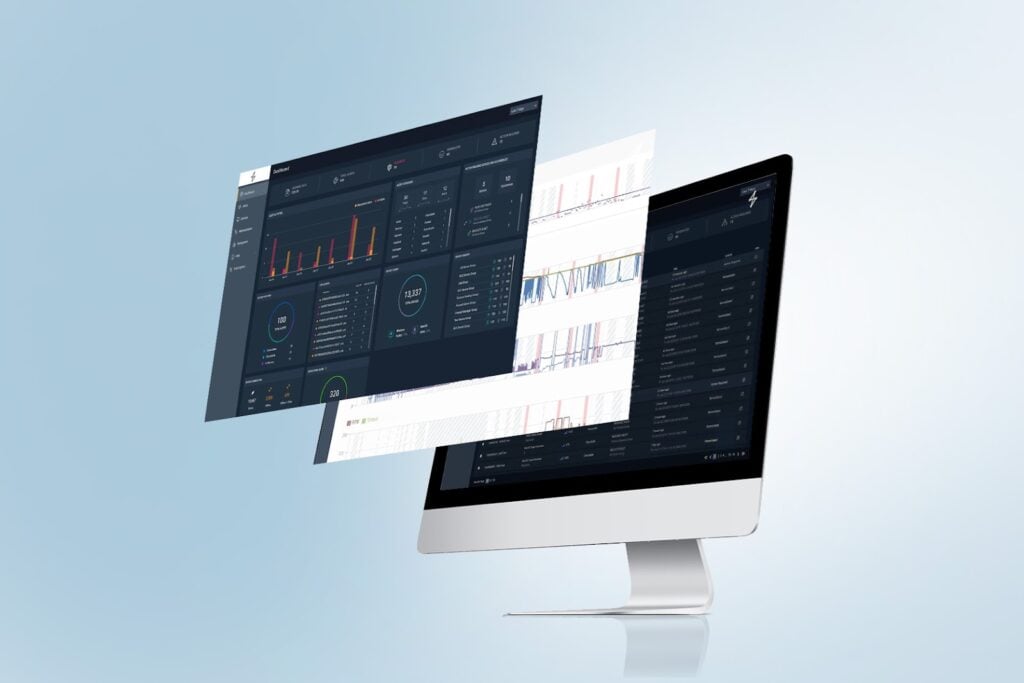By Philippe Herve and Marla Rosner
Natural language processing (NLP)—that is to say, technology allowing machines to use and understand language the way humans do—is having a transformative effect across a wide swathe of industries, but you probably don’t hear it talked about much in oil and gas circles.
That’s hardly surprising at first blush. Oil and gas operations have many needs, but language processing capabilities don’t initially appear to be among them. What oil and gas needs most is continuous operations with maximum efficiency and minimal safety risks. NLP, though, can help oil and gas accomplish all of these goals.
So what does natural language processing do? Traditionally, machines could only use structured data that had been carefully curated into formats algorithms can easily understand and search, such as spreadsheets and cleanly organized sensor data. According to Oracle, structured data only accounts for about 20% of generated data. The rest is locked away in emails, journals, notes, audio, video, images, analog data, and more. These sorts of records are taken by businesses but rarely used, since they have previously been accessible only to humans—but NLP can change that. An application powered by NLP is capable of using and understanding unstructured data, unlocking a vast wealth of valuable information.
The information that can be extracted from unstructured data can include insights on well and reservoir planning, among many other critical details of production, which can be used to maximize operational efficiency in an entirely new way.
NLP can also make use of unstructured data critical to safe operations, such as injury reports. For example, a keyword search of the safety logs of a large utility company for “lower body injuries” resulted in 534 entries. A semantic search, which included ontologically related terms such as “leg,” “foot,” or “toe,” returned 1,027 results, many of which had nothing to do with actual injuries. A cognitive search using natural language processing, however, gave a far more accurate listing of 347 incidents, removing incorrect references to body parts, such as “foot” used as a unit of measurement, and focusing on references to body parts in the context of injuries.
Being able to quickly and easily search through the unstructured data of such materials as incident records means being able to use those records to gain insights into working conditions and make your operations safer and more efficient. This means you can get a full sense of the accidents and injuries actually occurring on site. For instance, if you want to know how high the risks of falling debris are for technicians working alone or in remote areas, you could use an NLP application to search logs with the query “Find incidents involving debris falling on lone employees.” The application would be able to correctly return incidents with no mention of “debris,” “falling,” or “lone,” such as: “Was hit by a piece of plastic that had come loose while working solo on a rig.”
Natural language processing also provides a natural interface for human and machine communication, wherein the machine can understand and respond to interactions in natural language, and also continually improves by learning from human questions and feedback. With oil and gas operations being as delicate and potentially volatile as they are, it’s critical that technicians can identify and resolve problems immediately. With natural language processing, technicians can engage in a full dialog with machine applications to troubleshoot unexpected problems swiftly and accurately. This not only makes maintenance work safer and easier, but can greatly reduce asset downtime due to unexpected issues as well. A problem that can be quickly identified and resolved is a problem that won’t be interfering with smooth operations in the future.
You might not be talking about NLP in oil and gas yet, but you should be. Whether it’s amongst each other or with our machines, a good dialog is always the best way to get things done.
















